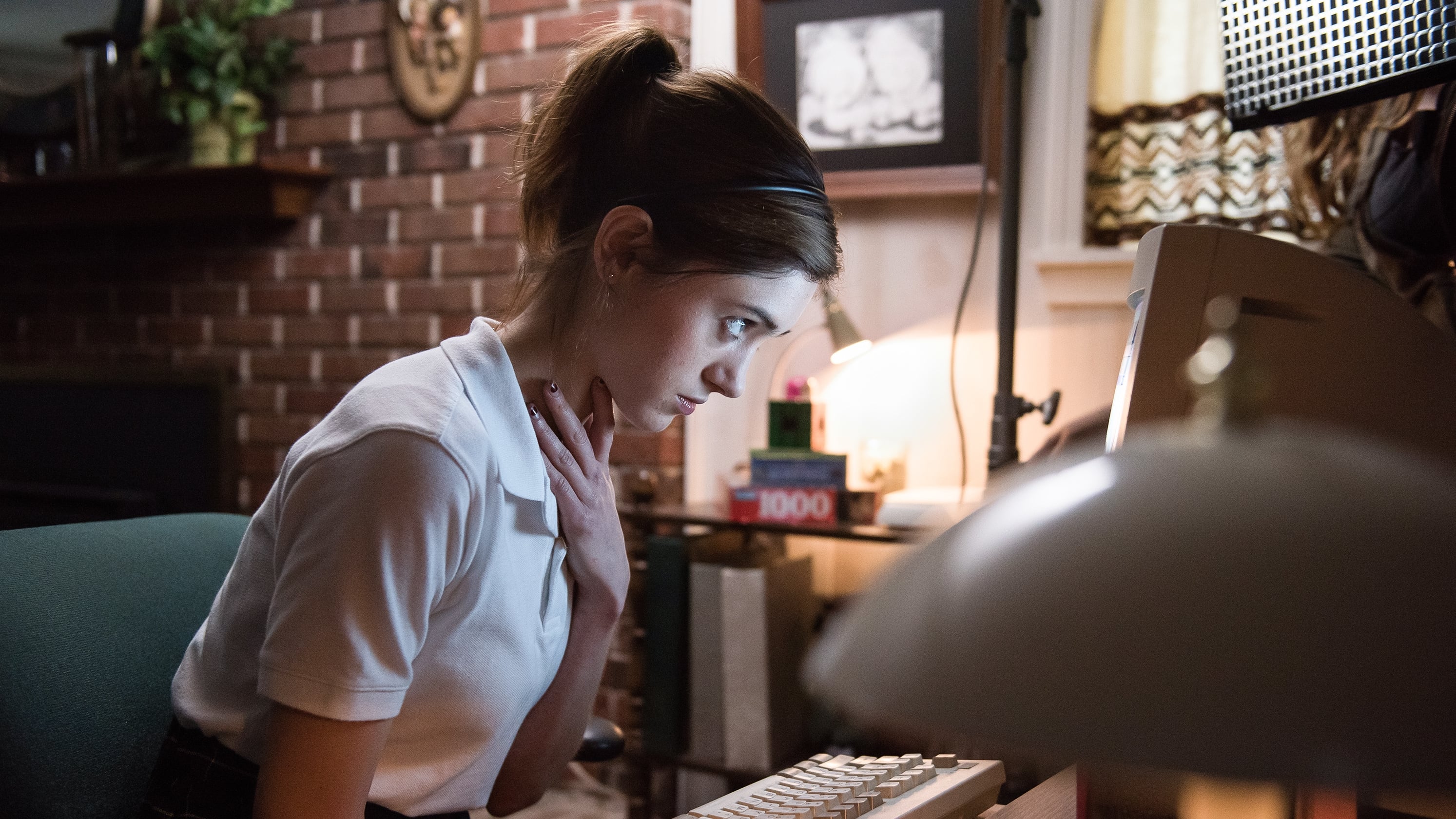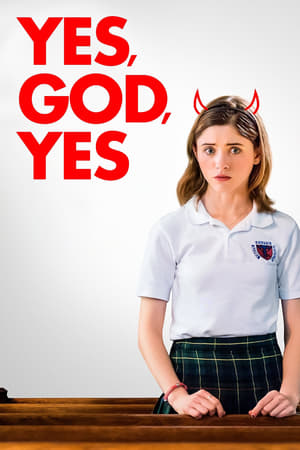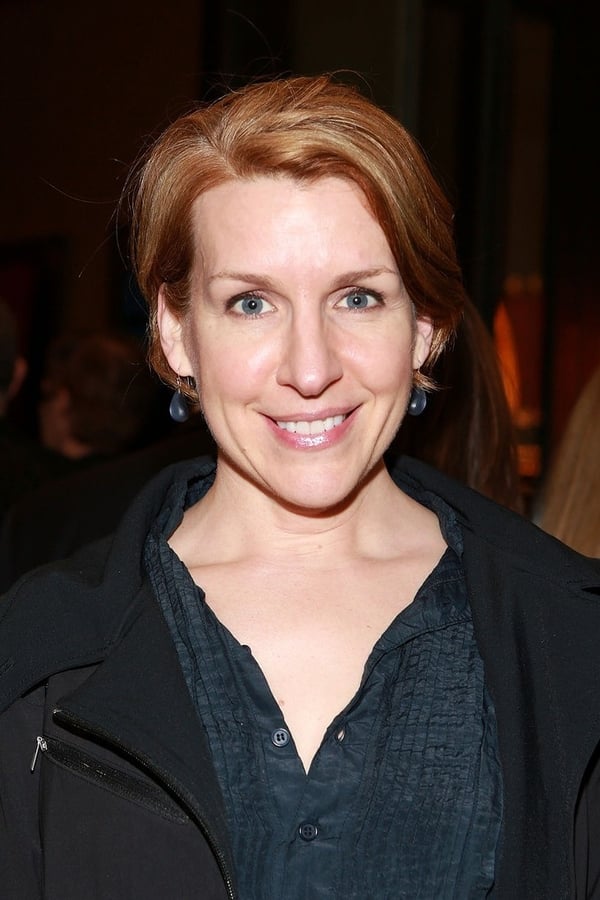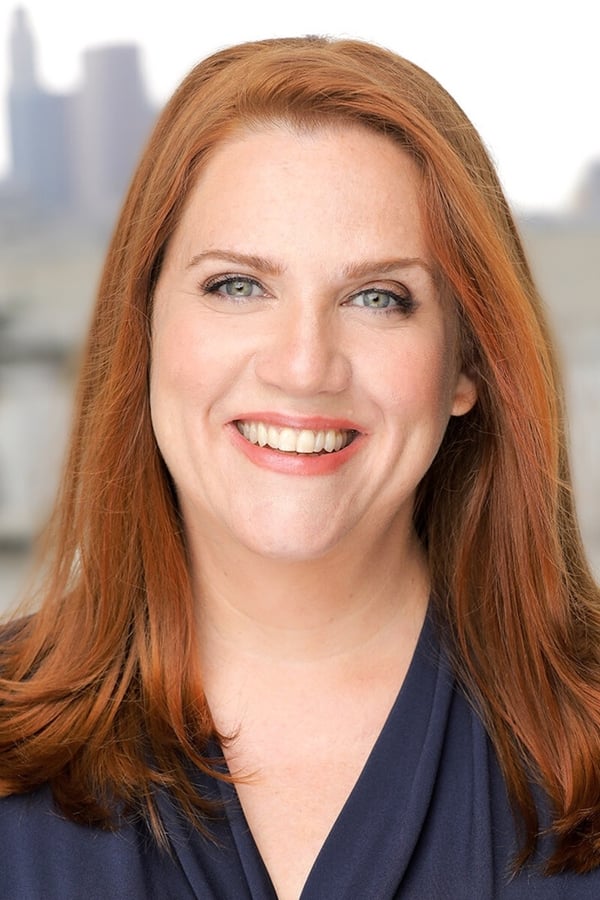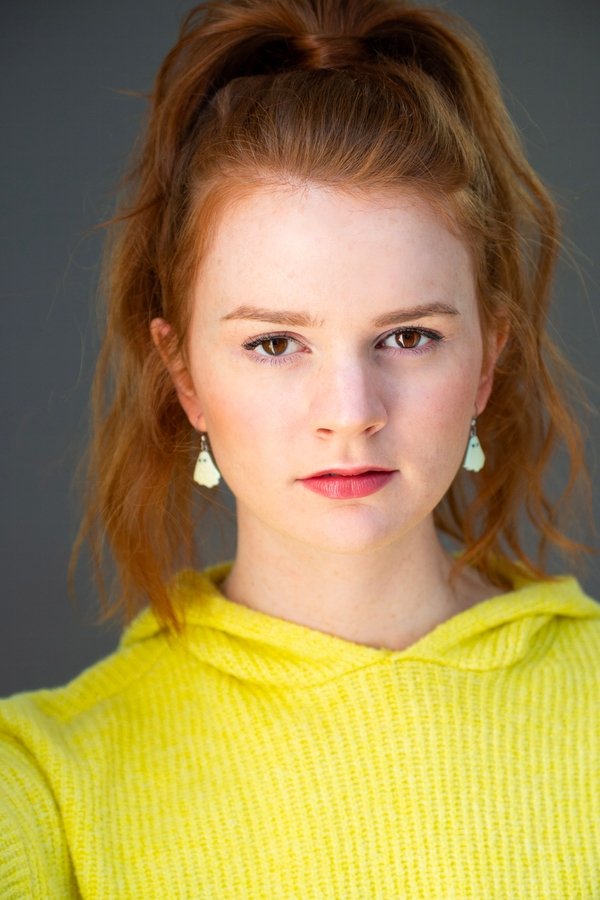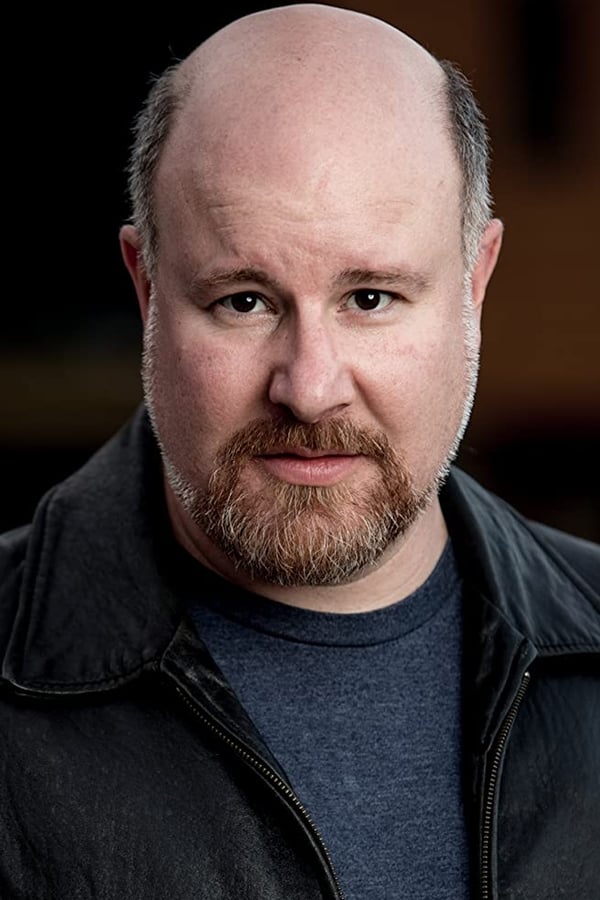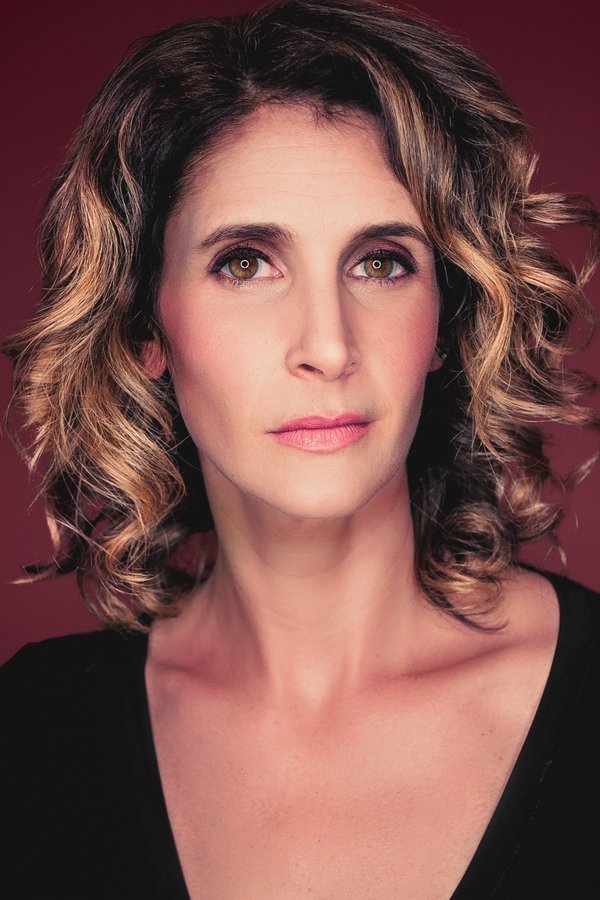(Spoiler warning for major plot points and ending!)
Yes, God, Yes (2019) is a coming-of-age tale about a Christian teenage girl discovering her sexuality, the turbulence that comes with it from within herself, and the judgment from those around her.
Alice (Natalia Dyer) is a sixteen-year-old girl attending a strict Catholic school in the Midwest. Given the setting, she is constantly reinforced with negative ideas regarding any sort of sexual activity, either with others or even yourself. Alice is in conflict after an AOL chat further sparks her sexual desire, as well as the turmoil of dealing with the rumors in school that she “tossed the salad” of one of her peers. She deals with constant little quips from students she hardly knows, her own friends, and even the teachers. To help sort out these confusing feelings and deal with her guilt, Alice signs up for her school’s “Kirkos” retreat.
The way the film portrays Alice’s sexual uncertainty and feelings of culpability plays off authentically. It’s difficult to be accepting of one's perfectly natural desires in such a sexually repressing environment, even more so when dealing with rumors that cause all your peers to slut shame you, furthering the guilt. Alice can’t catch a break from the ridicule constantly thrown at her for something she didn’t even do. (Although even if she did, such comments would still be inappropriate, as slut shaming is never okay.) Natalia Dyer does an excellent job conveying the feelings Alice tackles, from pining, hurt, panic, and shame, making the emotions read all the more real. Alice’s character journey from start to finish is very gratifying, as we watch her become more assertive and see through the hypocrisy of those who antagonize her. We first see hints of this when Alice encounters Wade (Parker Wierling), after he’s rude to her, prompting her to question what’s his problem. Wade accuses her of being the reason he and his girlfriend are having issues, assuming Alice was the one to make and spread the rumor. She denies the accusation and questioned that if they both know nothing happened between them why doesn't he tell the other students that, dismissing the rumor. He gets quiet, insinuating that he hasn't done so. Here we see the first big double standard the film presents the viewers. Of course, only the woman in the scenario gets shaded and mocked by everyone for the rumor, while the male character suffers no ridicule even though said rumor includes him. And how convenient it is that he doesn't dispel the hearsay, because in actuality he likely enjoys his peers thinking he's had a sexual encounter. This exact dynamic mirrors what happens day-to-day all too often; women get the brunt of the blame in sex scandals while men often get off scot-free...truly a sexist double standard at its finest.
In the next scene Alice notices a popular, pious-presenting senior, Nina (Alisha Boe) performing oral sex on another student. This further highlights the hypocrisy surrounding Alice, as even Nina (as friendly seeming as she appears) had taken a jab at Alice for her perceived licentious behavior. Then finally, Alice in secret catches Father Murphy (Timothy Simons) watching porn on his computer. This comes just after he fines a lewd AOL chat on the same device and pressures the students to come forward, using a fiercely judgmental tone. (The culprit was Alice because she just wanted to know what "tossing someone's salad" meant; she doesn’t even know the action she’s being accused of.) This is also the same man who so heavily pressured Alice to confess her “sins” of the alleged sexual encounter with Wade. Yet again, a figure under the guise of moral superiority themselves also sin, they just hide it well from others.
All of this comes to a head as Alice, feeling overwhelmed, sneaks away from the retreat and stumbles across a lesbian bar. The owner, Gina (Susan Blackwell) takes notice of the teen and the two get into a conversation about Christianity and the fear of being sent to hell for sins. Gina reveals that she left the faith for many reasons, one of them being she’s gay. The older woman is the first adult in the narrative to give practical advice to Alice, coming from a supportive, non-judgmental place. In some ways, Gina, an essential stranger, is the best guidance for the teen out of all the other adults in Alice's life. She also encourages the girl to look into colleges on the east and west coasts, as there would be more open-minded people to surround herself with than the little town she resides in. Gina, continuing to be the most admirable character in the film, then gives Alice a lift back to the Kirkos retreat. She also finally gives Alice her long-awaited answer to what tossing one's salad means.
The encounter with Gina adds to Alice’s assertiveness, and on the last day of the retreat when it’s her turn to speak on what she’s learned from the experience she delivers a powerful speech. Without directly calling anyone out she lets her peers know how distressing it is to have rumors made about you, and reminds them that everyone has their secrets. Given the religious setting, she implores those listening to her to be honest and respectful to others, saying that’s what Jesus would want. All of them are human, and Alice affirms the notion claiming, “We’re all just trying figure out our shit.” She returns back home still retaining the confidence she's gained while she was away, and is shown looking at schools on the coasts, just as Gina suggested. In Alice’s final confession session with Father Murphy, while telling of her sins, in a huge power move she confesses to have watched people having sex. By giving him very specific details, without outright saying so, she lets him know she witnessed his “immoral” action. Clearly flabbergasted, he dismisses her, promptly assigning her one hundred prayers. The film leaves us with Alice pleasuring herself while watching the sex scene in Titanic, something she was made to feel ashamed for enjoying earlier in the film at several points. She has claimed her sexuality and no one can shame her for that any longer; she won’t let them.
I would rate 'Yes, God, Yes' as a whole 4/5 stars, as it has a powerful message that some teens should hear if they’re ashamed of their sexuality, whether enforced by a religious setting or not. They need to know it’s normal to have desires and there’s nothing wrong with them if they do. The acting is realistic, and events play out naturally. The only thing to nitpick about is sometimes the pacing could be slow. As an Incluvie rating I would give the film 4/5, as it’s about a young woman discovering her sexuality and not to fear it, and generally becomes surer of herself. What gay representation there is was done well, and the only way it falls short on inclusiveness is people of color are delegated to side/background characters.
